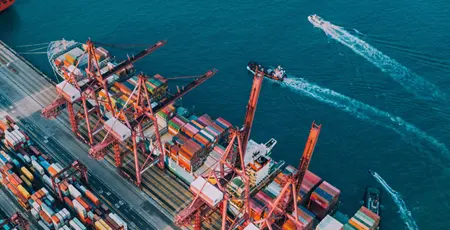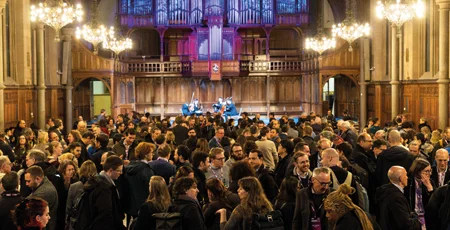Sustainable Model
Can the increased production of protein foods across sub-Saharan Africa be sustainable?
Growing awareness of the environmental impacts of livestock production has raised questions about whether future growth in global demand for animal protein can be satisfied without compromising environmental sustainability.
Is continuing growth in livestock agriculture compatible with climate change targets? Might expected future increases in protein consumption better be addressed through a transition towards consuming alternatives such as plant-based, microbial or cultured proteins?
These issues particularly come to the fore in sub-Saharan Africa, where expanding populations, GDP growth and rapid urbanisation are all expected to drive a far-reaching ‘nutritional transition’ involving rapid increases in demand for protein over the coming decades.
Population growth
Many countries in sub-Saharan Africa continue to experience high rates of food insecurity and undernourishment, with the UN estimating that 23% of the region’s population faced hunger during 2021.
This has led to concern that if domestic protein production does not expand significantly then increasing demand for animal products among the region’s growing middle class may lead to declines in per capita protein consumption (and higher rates of malnutrition) among the region’s poorest citizens.
Alternatively, the region’s growing economies may turn to imported meat, fish and dairy products which compete with local produce, limiting opportunities for smallholder farmers and pastoralists to benefit from economic growth.
Sub-Saharan Africa currently attracts only a small share of global investment in agriculture and food production.
Research
My recent paper argues that in order to understand the changing nature of protein production in sub-Saharan African diets and food systems, it is important to investigate what motivates different financial players to invest in (or avoid) particular food products, markets and value chains. This is because investors provide the capital required to finance production, develop new products and establish new value chains.
Sub-Saharan Africa currently attracts only a small share of global investment in agriculture and food production, receiving only 1% of global agricultural credit in 2019. However, the region receives 35% of global Overseas Development Assistance (ODA) spending on the agricultural sector. Private sector financial institutions such as commercial banks therefore play an unusually small role in the region’s agricultural finance landscape, while development finance institutions (DFIs) play a larger role than they do elsewhere.
Leading Sustainability and ESG
Discover the challenges that businesses face and explore the fast-increasing transition to a net-zero economy

Findings
I found little evidence in most of the region’s countries that purely commercial investment was encouraging any shift towards large-scale, intensive models of livestock production, or that large shareholder-owned companies are consolidating their control over livestock producers.
Meanwhile, alternative protein production within the region is constrained by limited access to finance, with African banks and private equity funds tending to avoid investing in alternative protein manufacturers which they regard as posing excessive financial risks.
Given that DFIs play an important role in the region’s agricultural finance landscape and have a higher risk tolerance than most commercial investors, they would be well-placed to address this investment gap and finance the scaling-up of alternative protein production (perhaps working in partnership with impact investment funds). However, there’s little concrete evidence that they currently have plans to invest in alternative protein manufacturers.
NetZero: How firms can encourage sustainable behaviours
A workshop combining NetZero research, managerial insights, and opportunities to engage in discussions.
Future challenges
In many ways, sub-Saharan Africa’s protein investment landscape is already well-suited to supporting sustainable development.
Many of the region’s most prominent agricultural investors are motivated by sustainable development objectives and are working actively to finance projects which enhance nutritional health, empower small producers economically and minimise the negative environmental impacts of livestock agriculture.
However, these more sustainable models of food system development are so prominent precisely because commercial investors are reluctant to finance protein production in sub-Saharan Africa.
As a result, the challenge the region faces is to preserve the concern with sustainable development which currently characterizes its agricultural investment landscape while also attracting more investment into its protein production sector.
"Sub-Saharan Africa currently attracts only a small share of global investment in agriculture and food production."






